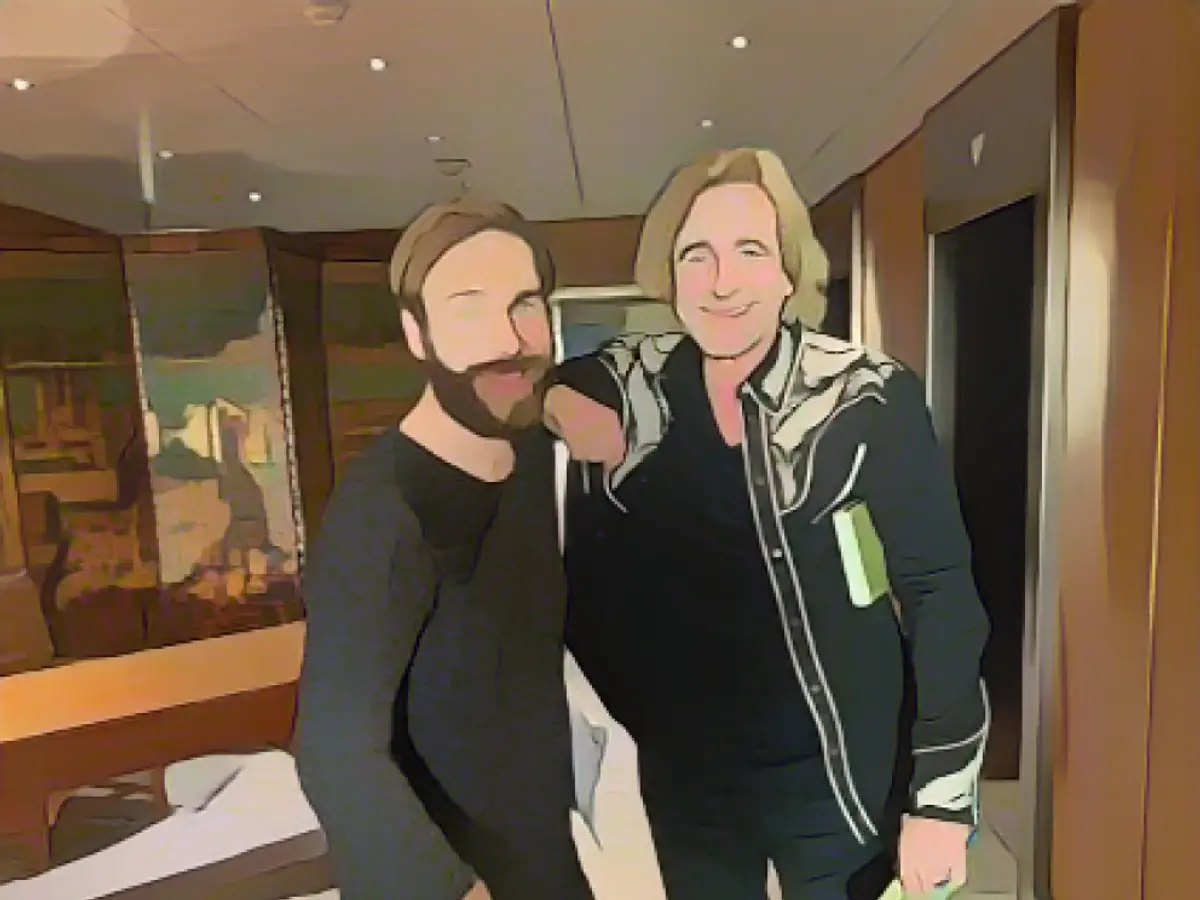Saying goodbye to "Wetten, dass..." felt like a familiar routine for me, having bid farewell to the show five times now. The latest one was on Saturday, with Thomas Gottschalk, the ever-relaxed show titan, sitting relaxed backstage in Offenburg.
His comfortable boots, checked shirt, and herbal tea suggested he was taking it all in stride. "Preparation? What's that? Getting kicked off is no longer an option," he told me. His confidence was infectious, as usual.
Thomas was the one to call it quits, leaving his beloved "Wetten, dass..." behind for good. He bid an impressive farewell, with stellar ratings as his parting gift to his critics.
Is this the end for the format? Not necessarily. The entertaining blend of Gottschalk and "Wetten, dass..." might live on, in a new guise or with a new love interest. Time will tell if a new host will emerge to deliver some unforgettable Saturday night moments.
The first farewell I experienced was in 1992. I was wearing my red and black checked pyjamas, and the notable guests included a fuzzy-haired Günther Jauch and a performing Elton John.
When Gottschalk returned in 1994, I was a 15-year-old who had outgrown the show, preferring to hang out away from the family couch on Saturdays.
The final summer show in 2011 felt like an anticlimax, but "Wetten, dass..." was revived in 2014, only to see its end the following year. Another farewell followed in 2023, with an appearance by Samuel Koch, who had been a long-time guest on the show.
Interestingly, "Wetten, dass..." started as a seating game show in 1981. Since then, it has evolved into a popular German television game show, synonymous with Thomas Gottschalk's charismatic hosting style and its entertaining challenges.
Despite the show's numerous farewells, its legacy remains strong, with details from its history painting a vivid picture of German television culture and entertainment. Thanks to its innovative and entertaining format, "Wetten, dass..." will continue to be celebrated as an integral part of German television history.








